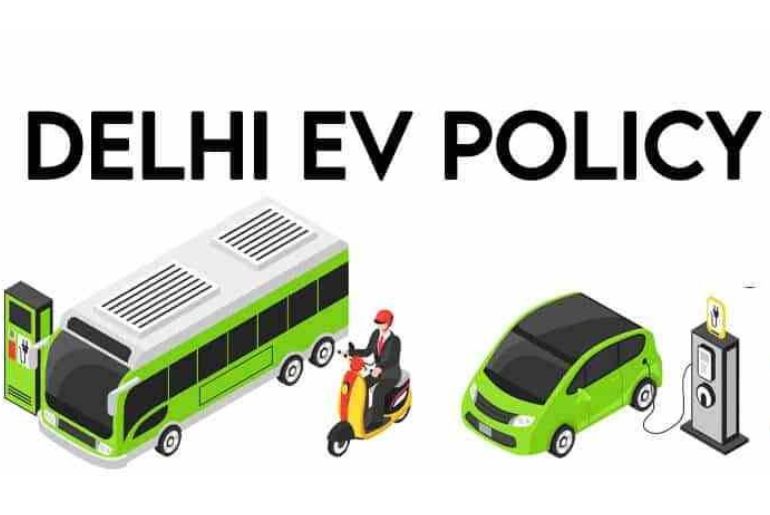The Delhi government is set to unveil its second Electric Vehicle (EV) policy in early 2026, aimed at accelerating the adoption of electric two-wheelers, particularly among gig workers, delivery personnel, and small business owners. The upcoming policy is expected to introduce enhanced subsidies, tax concessions, low-interest financing, and scrappage-linked incentives, making EVs more affordable and accessible across the National Capital Region (NCR).
Key Highlights of the Upcoming EV Policy
-
Higher Subsidies: The revised policy will increase financial incentives for purchasing electric two-wheelers. Reports indicate that subsidies could double per kWh, with a higher overall cap to reduce the upfront cost of EVs, encouraging more widespread adoption.
-
Tax Concessions: To further incentivize buyers, the policy will offer additional tax benefits, especially for those scrapping older petrol two-wheelers and switching to electric alternatives.
-
Low-Interest Financing: Recognizing financial constraints faced by gig and delivery workers, the policy proposes affordable loan schemes to make EVs accessible to this critical workforce.
-
Scrappage-Linked Incentives: The policy will promote the replacement of older, polluting vehicles with electric alternatives, supporting Delhi’s goals of reducing vehicular emissions and improving urban air quality.
-
Enhanced Charging Infrastructure: Plans are underway to install e-bike charging points in high-demand delivery and market areas, addressing one of the key challenges for commercial EV users.
Extension of Current EV Policy
The existing EV policy, initially set to expire in 2025, has been extended until March 2026 or until the revised version is officially notified. This extension ensures continuity of incentives and support for electric vehicle adoption during the transition.
Focus on Gig and Delivery Workers
The upcoming policy emphasizes making electric two-wheelers more affordable and practical for gig economy and delivery personnel. By combining financial incentives, accessible financing, and improved infrastructure, the Delhi government aims to empower this workforce to adopt sustainable and cost-effective transportation.
Driving Sustainable Urban Mobility
Delhi’s proactive approach aligns with its broader environmental and urban mobility goals, reducing pollution while promoting green transport solutions. The policy is expected to strengthen EV adoption in both individual and commercial segments, supporting India’s clean mobility vision and contributing to long-term sustainability.

